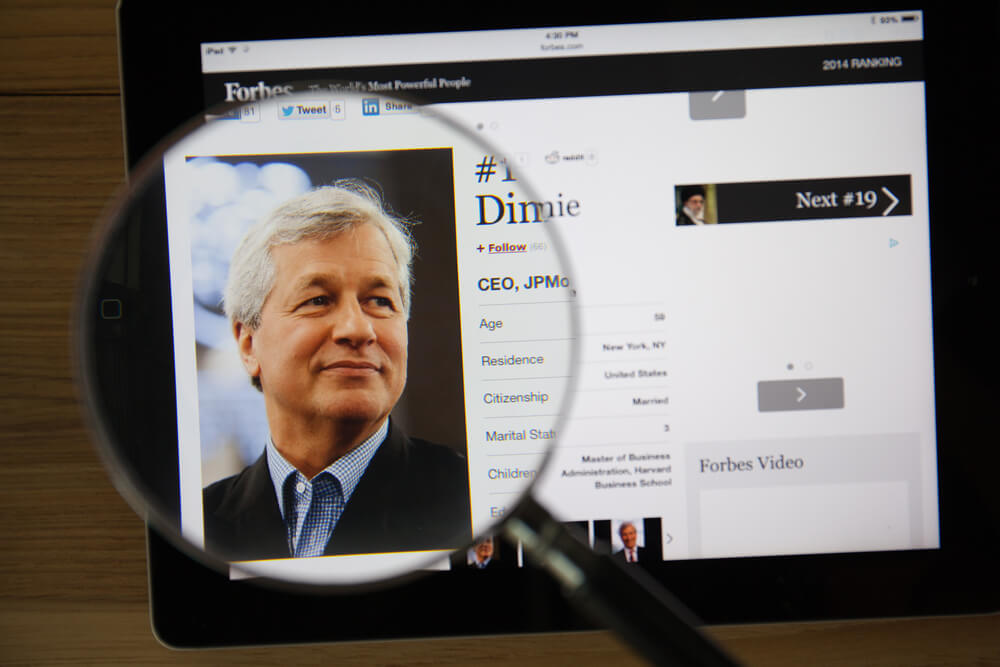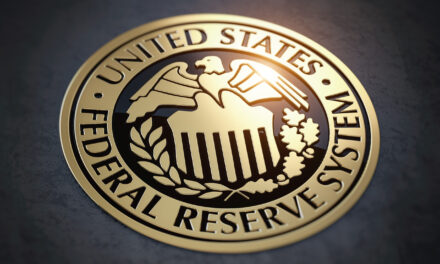JPMorgan & Chase CEO Jamie Dimon said this week that lowering interest rates won’t necessarily drive up borrowing and lift economic growth, and that long-term negative rates will have “adverse consequences which we do not fully understand.
“I think when they did it earlier on, there was a notion that we are saving the European Union, the monetary union, which is one thing. I think as a permanent part of policy, it is a really bad idea. It has adverse consequences which we do not fully understand,” Dimon said on CNBC on Monday.
Dimon’s thoughts come as a growing number of people in the financial world speak out on zero and negative interest rates policies and central banks around the world look for ways to spur growth. Some rates have even fallen into the negative in Japan and the EU.
“If you want to have growth you better really think through with the policies, not just on negative rates but capital allocation et cetera,” he said. “So, I hope it doesn’t happen in United States.”
Just last month the European Central Bank pushed its rates further into negative territory, down 10 basis points to minus-0.5%, the lowest on record.
“In view of the weakening economic outlook and the continued prominence of downside risk, governments with fiscal space should act in an effective and timely manner,” ECB President Mario Draghi said at the time.
Japan, meanwhile, has laid the groundwork to follow in the ECB’s footsteps.
Negative rates essentially means that instead of earning money on a savings account, you instead have to pay the bank to hold your money. While savers don’t make any money, negative rates encourage companies and households to borrow and spend money, increasing economic growth.
However, negative rates also are bad for banks and their bottom lines by encouraging a build-up in debt that can ultimately harm the economy.
Aside from negative rates, Dimon said he’s most worried about the economy at large and how the U.S.-China trade war is weighing on business confidence, which in turn can cause a recession.
“I think it has caused a slowdown,” he said. “My own view — and I am just looking at the possibilities and probabilities — is that it is a slowdown, not on the way to zero.”




